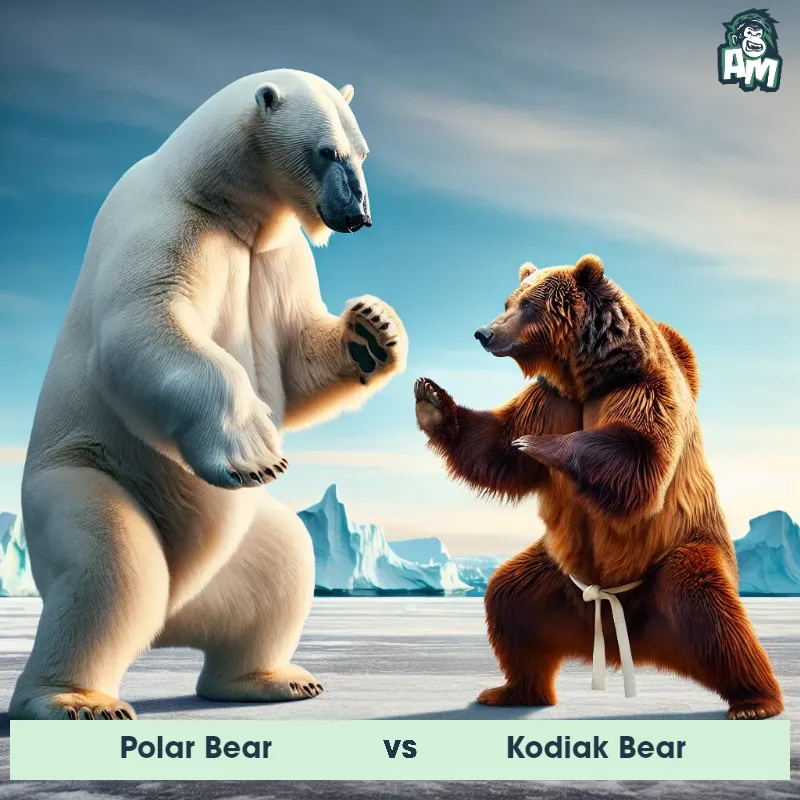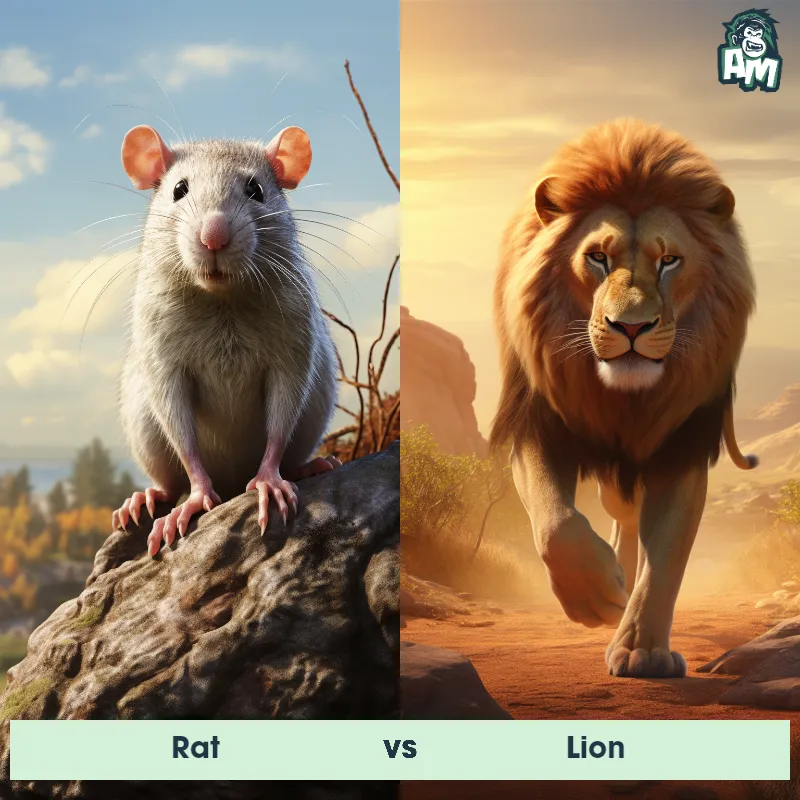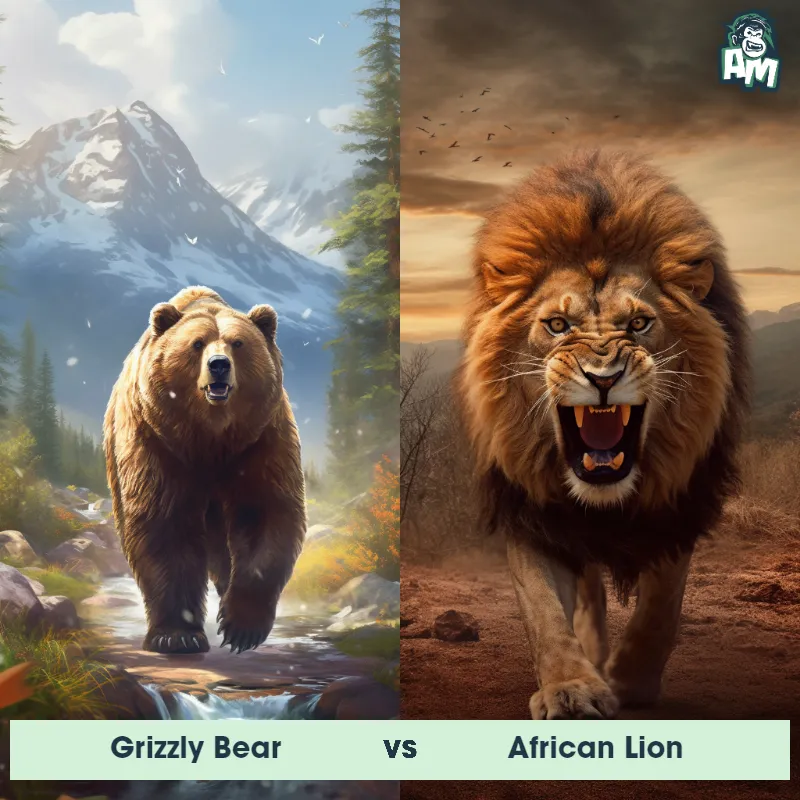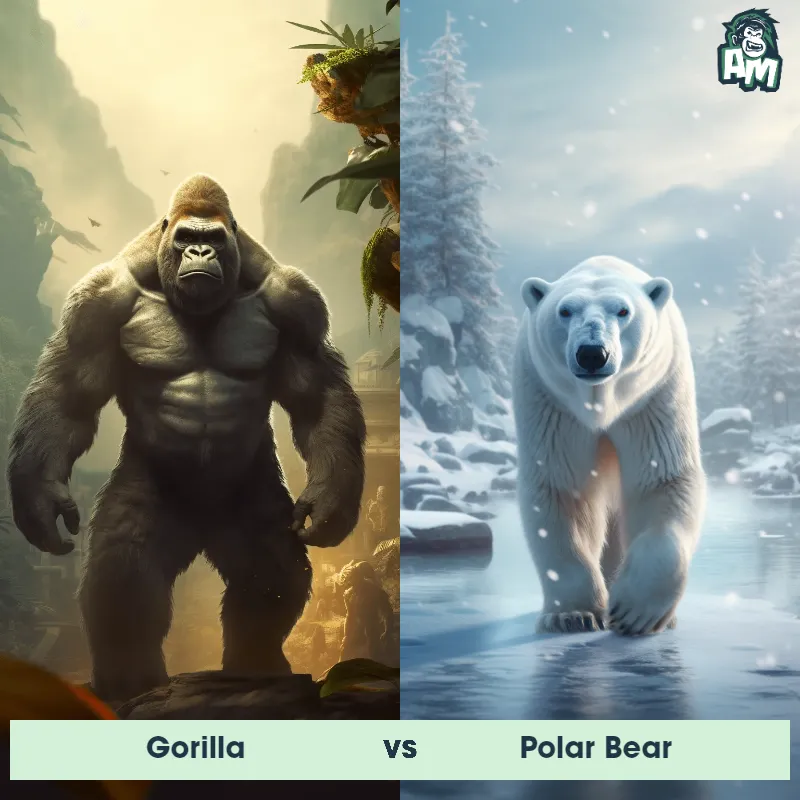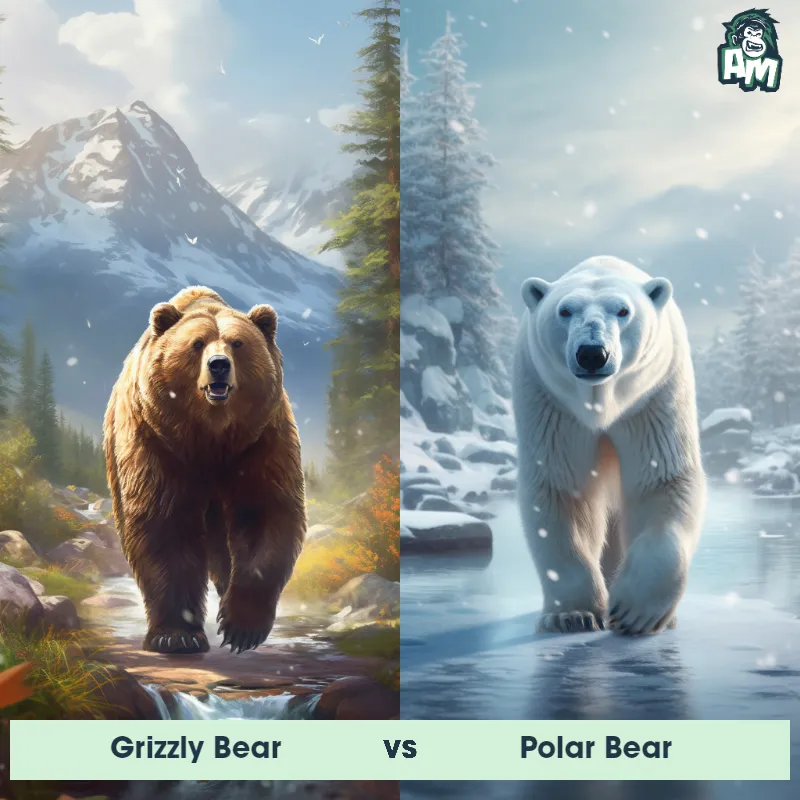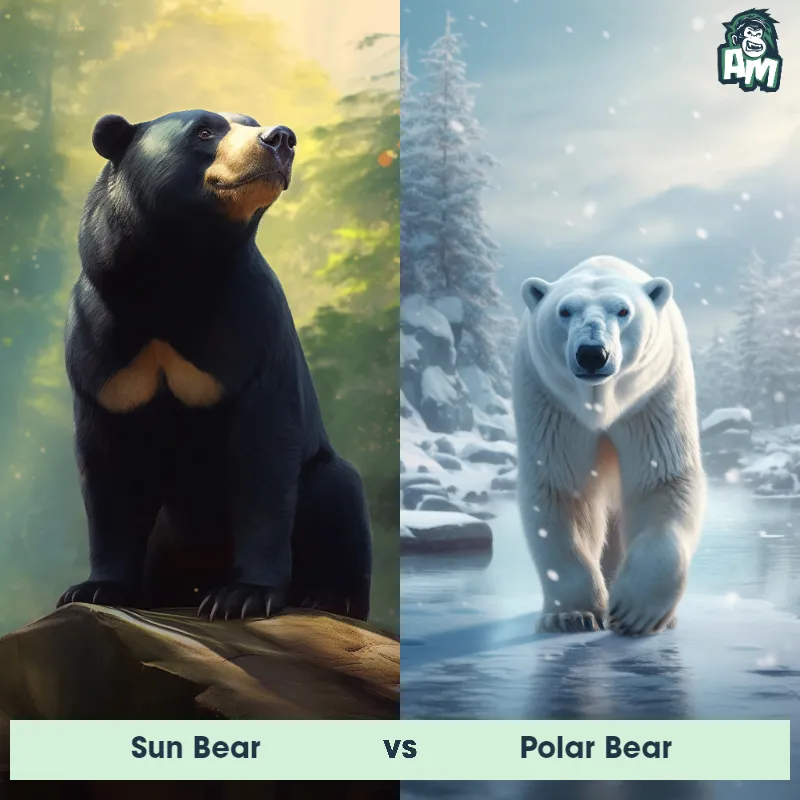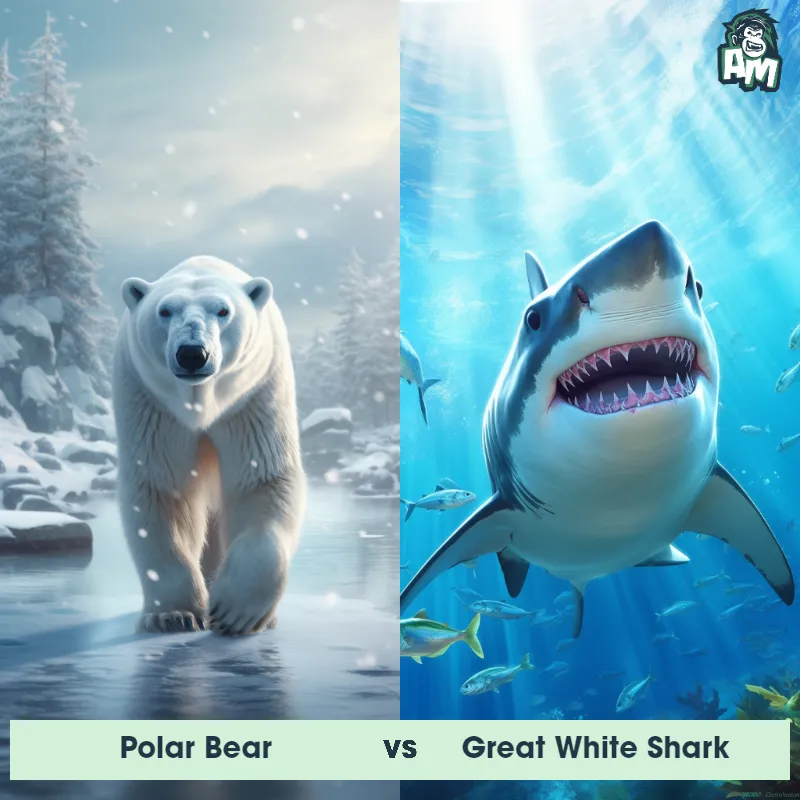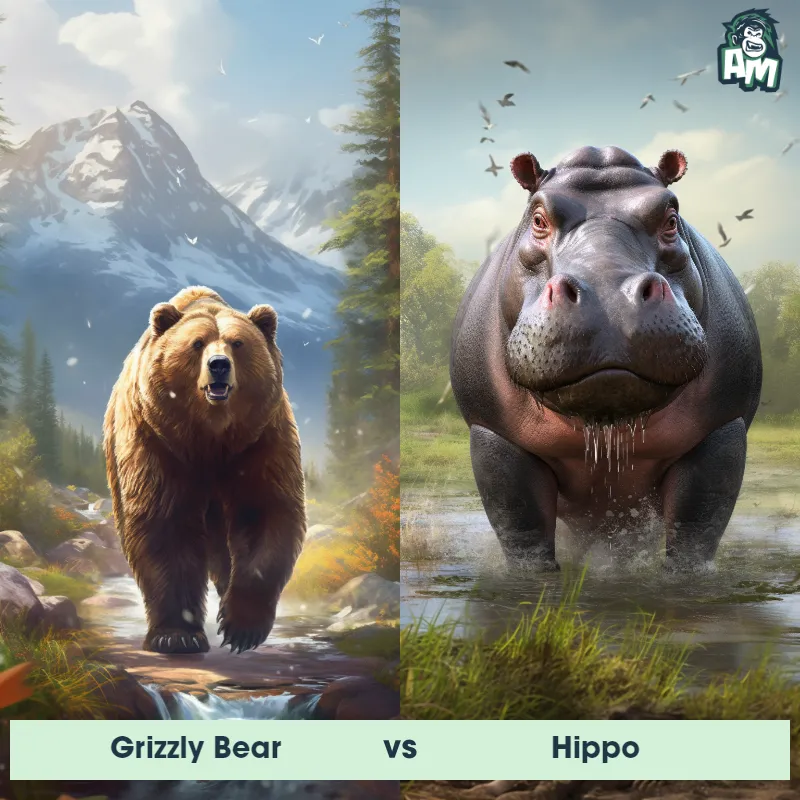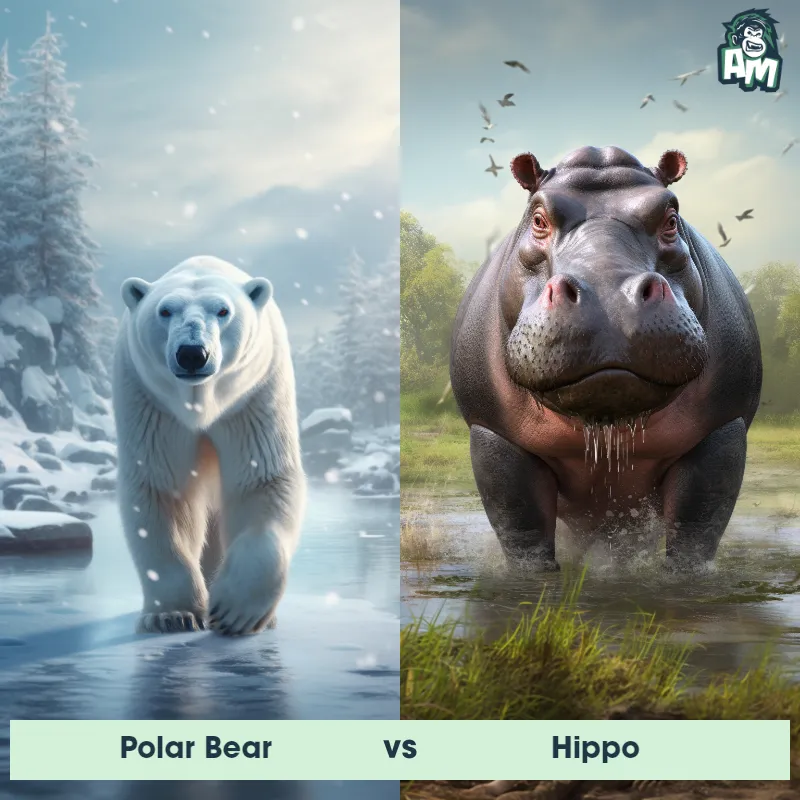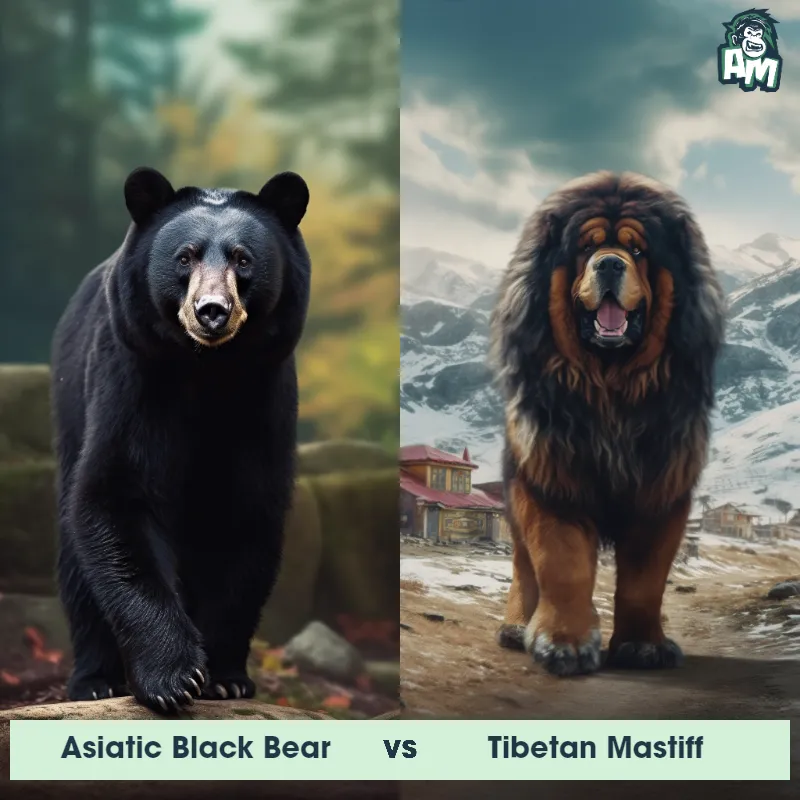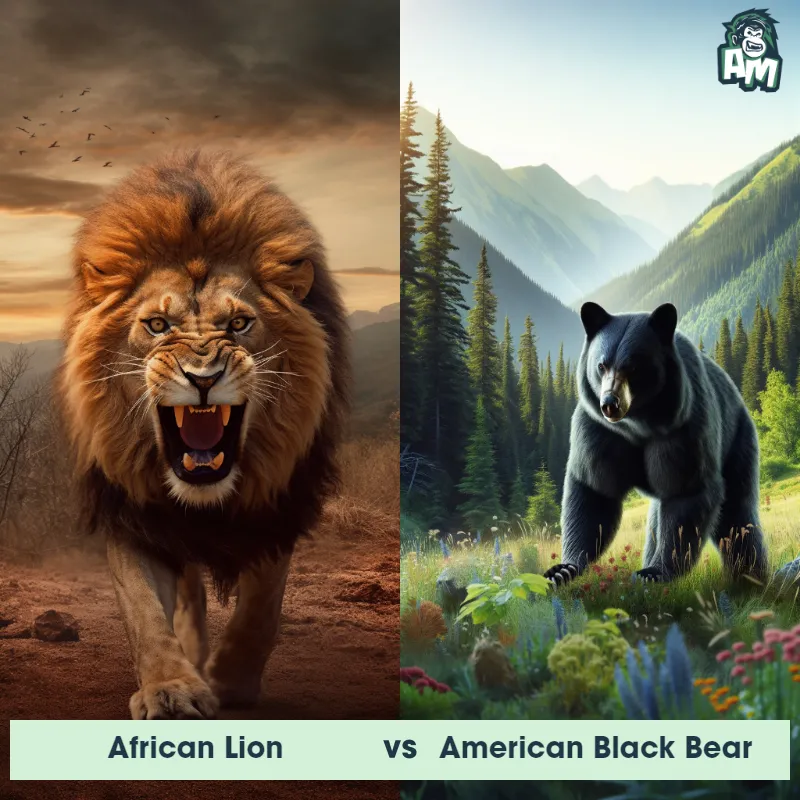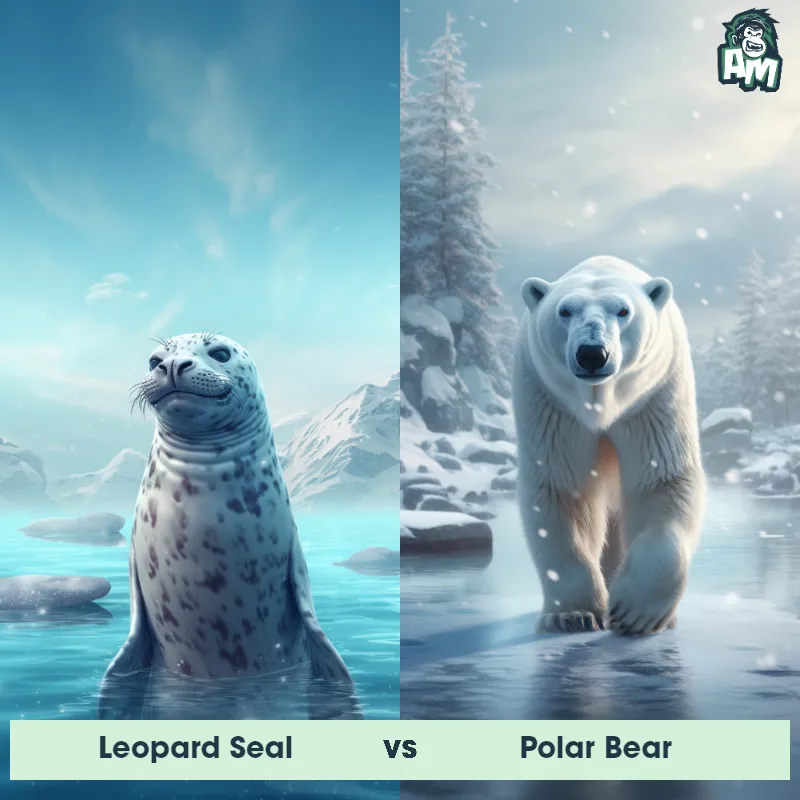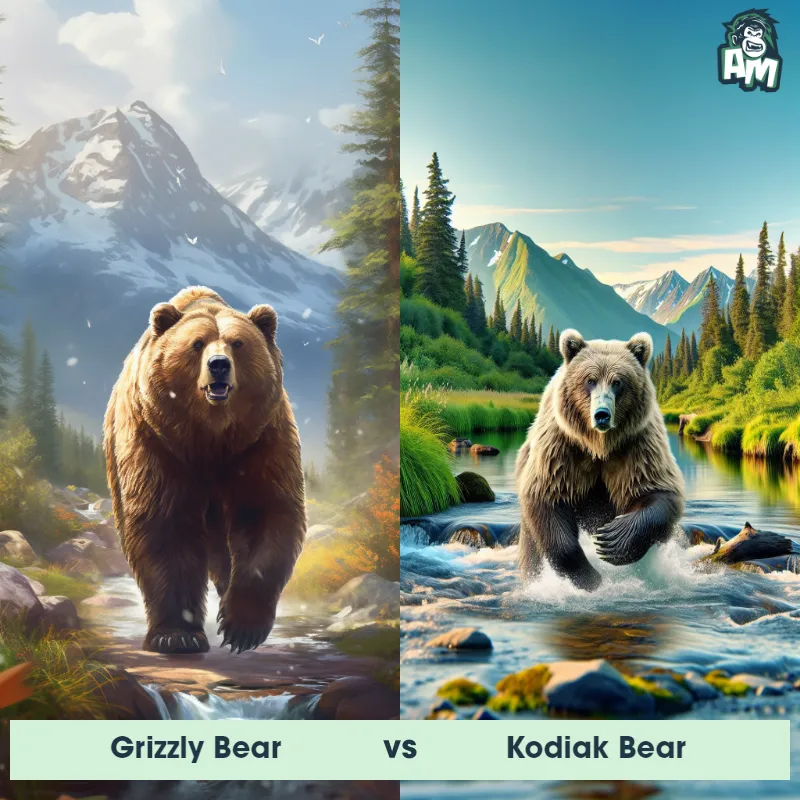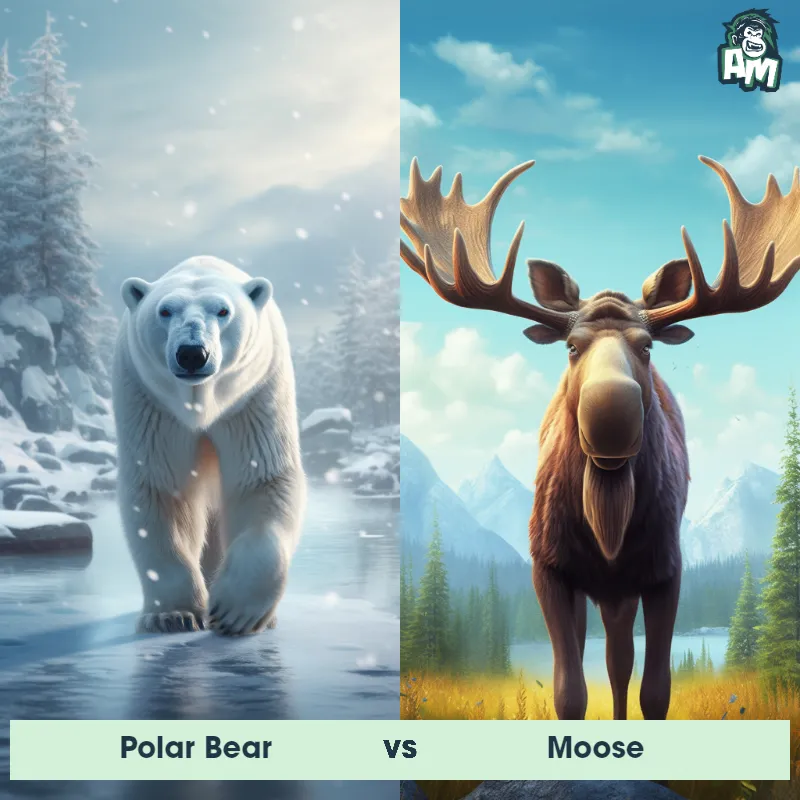Polar Bear vs Kodiak BearSee Who Wins
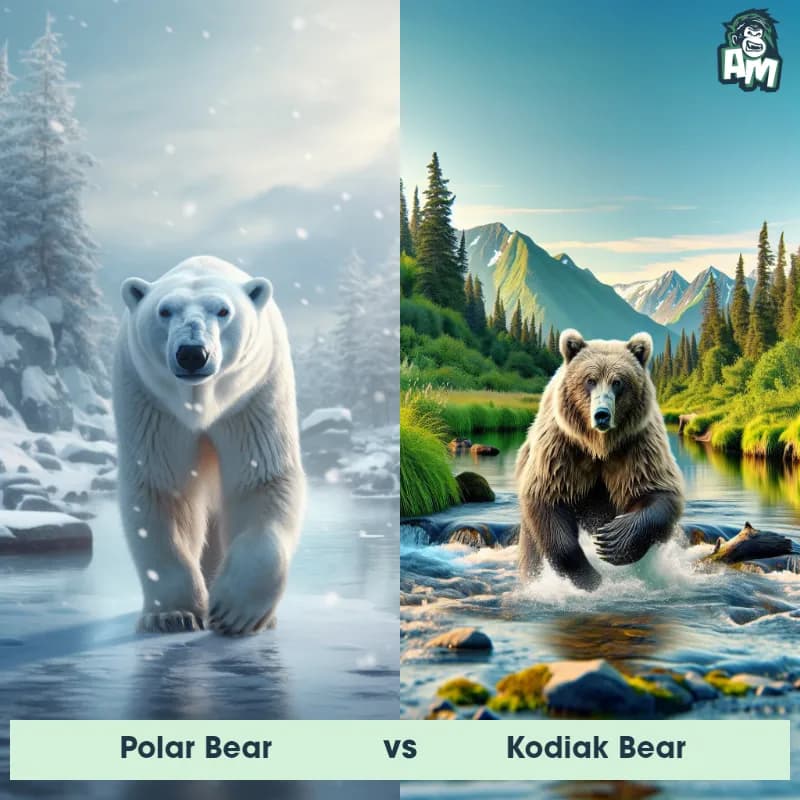
Ladies and gentlemen, welcome to this thrilling matchup between two powerful giants of the wild! In one corner, weighing in at a staggering 1,500 pounds, we have the ferocious Polar Bear. And in the other corner, standing tall at 1,200 pounds, we have the mighty Kodiak Bear. This clash of titans is set to be a fight for the ages, so let's get ready to witness an incredible display of strength and strategy!
Contender 1: Polar Bear
The Polar Bear, also known as the Ursus maritimus, is a large carnivorous mammal that inhabits the Arctic region. They have a thick white fur coat that helps them blend in with their snowy surroundings, and their large paws are equipped with sharp claws that allow them to grip onto ice and catch prey. Polar Bears are excellent swimmers and can swim for long distances in search of food. They are also known for their incredible sense of smell, which they use to detect prey from miles away.
![[object Object] Gif](https://tenor.com/view/fight-mission-critical-nat-geo-wild-scuffle-brawl-gif-20524033.gif)
Fun Fact: Polar Bears have a layer of fat that can be up to 4.5 inches thick, which helps them stay warm in the frigid Arctic temperatures.
Contender 2: Kodiak Bear
The Kodiak Bear, also known as the Alaskan Brown Bear, is a subspecies of brown bear native to the Kodiak Archipelago in southwestern Alaska. These colossal mammals are known for their massive size, with adult males weighing up to 1,500 pounds and standing at more than 10 feet tall when on their hind legs. Their fur is typically a dark brown color, providing excellent insulation in the cold Alaskan climate. Kodiak Bears are exceptionally strong swimmers and have a high tolerance for extreme weather conditions, making them formidable predators in their habitat.
Fun Fact: Did you know that Kodiak Bears have been observed sprinting at speeds of up to 30 miles per hour? Despite their enormous size, these mighty bears possess remarkable agility and can outrun most humans.
Matchup Stats
| Polar Bear | Kodiak Bear | |
|---|---|---|
| Size | 8-10 feet (2.4-3 meters) | Up to 10 feet tall (3 meters) |
| Weight | 900-1,600 pounds (408-725 kilograms) | Up to 1,500 pounds (680 kilograms) |
| Speed | Speed: 25 mph (40 km/hr) | 34-35mph (55-56km/h) |
| Key Strength | Powerful jaws and sharp claws | Strong bite and powerful swipes |
| Biggest Weakness | Slow movement on land | Slower movements compared to smaller predators |
Current Votes
Polar Bear vs Kodiak Bear
See Who Wins
Match Highlights
View More Matches
Looking For More?
Similar Matches
Scientific Stats
| Polar Bear | Kodiak Bear | |
|---|---|---|
| Scientific Name | Ursus maritimus | Ursus arctos middendorffi |
| Family | Ursidae | Ursidae |
| Habitat | Arctic region | Forests, tundra, and rocky areas |
| Geography | Arctic Circle | Kodiak Archipelago, southwestern Alaska |
| Diet | Carnivorous, primarily seals | Omnivorous - eats berries, nuts, vegetation, fish, and meat |
| Lifespan | 20 years - 30 years | 20 years - 25 years |
Key Differences between Polar Bear and Kodiak Bear
- EAR Size: The Kodiak Bear typically has smaller ears in proportion to its head size, while the Polar Bear possesses relatively larger and more conspicuous ears.
- Size: The Kodiak Bear is generally larger than the Polar Bear, with adult males weighing up to 1,500 pounds compared to the Polar Bear's maximum weight of around 1,200 pounds.
- RANGE: Polar Bears are primarily found in the Arctic regions, living on sea ice, whereas Kodiak Bears inhabit the Kodiak Archipelago in Alaska and are mainly terrestrial in their habitat, although they can swim and are excellent climbers.
- Body Shape: The Kodiak Bear tends to have a stockier and broader build compared to the Polar Bear, which appears more streamlined and elongated in its body shape.
- Color: While both bears have a typically white or creamy fur, the Kodiak Bear can also have variations of brown, including dark brown or reddish-brown, whereas the Polar Bear's coat remains exclusively white or yellowish.
- Head Shape: The Kodiak Bear's head is generally rounder and wider in appearance, with a shorter snout, compared to the Polar Bear's narrower and comparatively longer head and snout.




